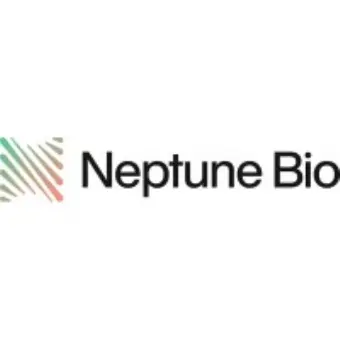Computational Research Associate

Neptune Bio
Position Summary
We are seeking a Computational Research Associate to support our data analysis and infrastructure efforts across functional genomics and single-cell perturbation experiments. The ideal candidate has hands-on experience working with large biological datasets, enjoys building efficient and reproducible analysis workflows, and thrives in a collaborative, fast-paced startup environment.
You will play a central role in processing, analyzing, and organizing single-cell and perturb-seq data, maintaining and improving computational pipelines, and supporting the broader team with high-quality data outputs and infrastructure.
Key Responsibilities
- Process and analyze large-scale single-cell and perturb-seq datasets using established computational pipelines.
- Develop, document, and maintain reproducible analysis workflows and data processing infrastructure.
- Support data management and organization across multiple internal and external datasets.
- Collaborate closely with experimental and computational scientists to translate raw data into interpretable biological results.
- Implement and optimize pipelines in cloud environments (e.g., AWS, GCP) for scalable data processing.
- Maintain codebases, perform quality control on data outputs, and ensure reproducibility and traceability of analyses.
- Generate clear reports, visualizations, and summaries to communicate results across teams.
Qualification and Education Requirements
You must have:
- B.S. or M.S. in Bioinformatics, Computational Biology, Computer Science, or a related quantitative field.
- 2+ years of experience working with biological or single-cell datasets.
- Proficiency in Python and/or R for data analysis and visualization.
- Familiarity with standard genomics tools and file formats (FASTQ, BAM, HDF5, AnnData, etc.).
- Experience using and maintaining analysis pipelines in a Unix/Linux environment.
- Experience working with cloud compute platforms (AWS, GCP, or similar).
- Strong organizational skills, attention to detail, and commitment to clean, reproducible code.
Additional preferred experience includes:
- Experience analyzing single-cell RNA-seq or perturb-seq datasets.
- Familiarity with workflow management systems (Nextflow, Snakemake, or similar).
- Experience with containerization tools such as Docker.
- Exposure to data engineering concepts (e.g., databases, versioned data storage, data pipelines).
- Understanding of basic statistical methods for genomics data analysis.

